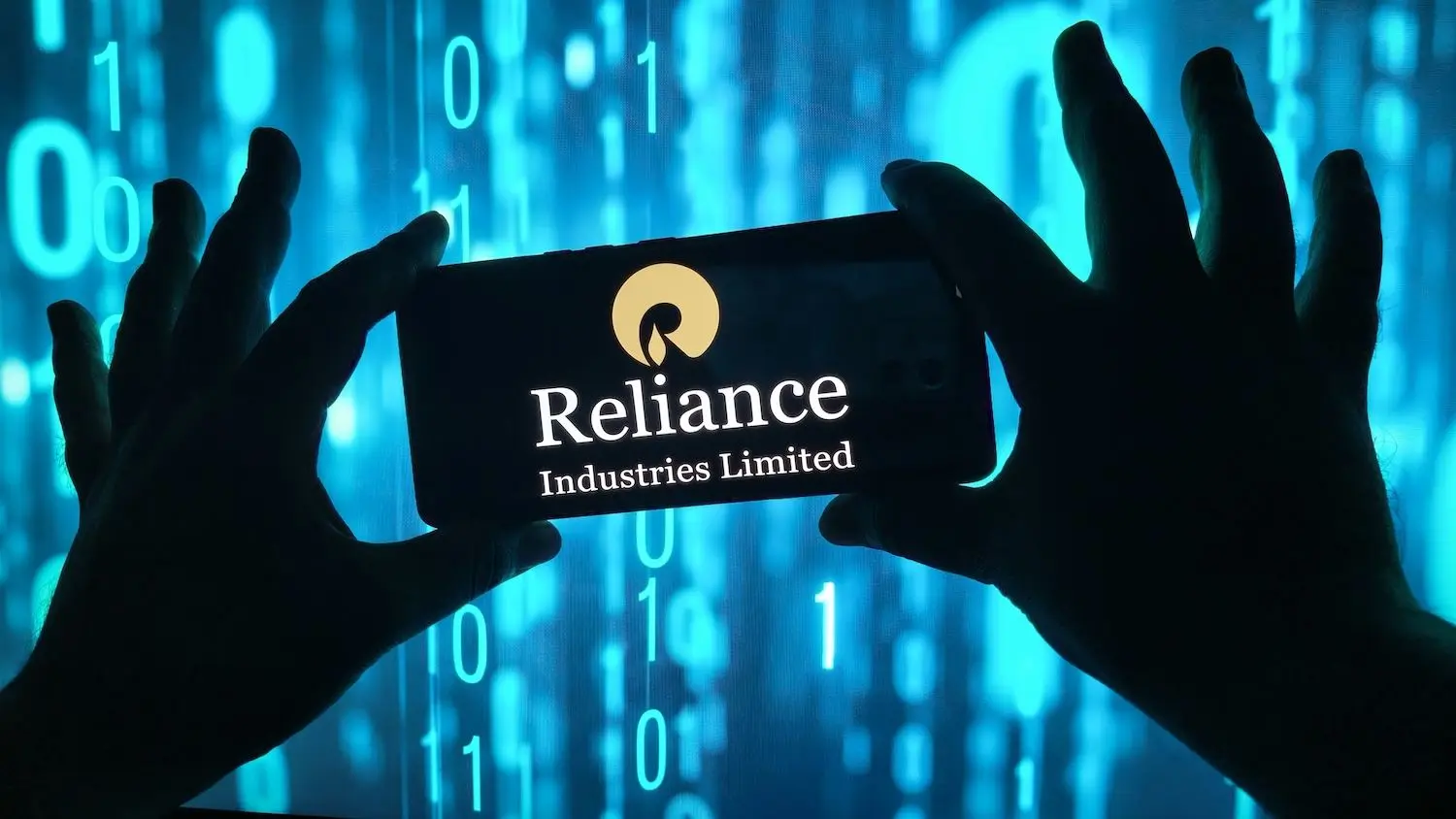Reliance Global Group moved its entire digital asset portfolio into Zcash, marking a significant shift from a diversified cryptocurrency strategy to a single-asset treasury approach focused on privacy technology. The publicly traded company completed the transition Tuesday after a comprehensive review led by its crypto advisory team.
What Happened: Treasury Consolidation
Reliance Global Group, Inc. (NASDAQ:RELI) announced the completion of a strategic realignment of its Digital Asset Treasury by consolidating all holdings into Zcash, according to a Benzinga exclusive report. The company exited its previous digital asset positions and reallocated the proceeds entirely into the privacy-preserving cryptocurrency built on Bitcoin's foundational architecture.
The decision followed an extensive strategic assessment conducted with Blake Janover, Chairman of the Crypto Advisory Board. The review concluded that Zcash presented a more compelling long-term opportunity than maintaining a diversified portfolio of institutional digital assets, with the analysis emphasizing the cryptocurrency's privacy-centric architecture as a superior value proposition for shareholders.
"Many in Silicon Valley believe it's the earliest days for Zcash, and the case is compelling," Janover said.
Also Read: Hoskinson Forecasts 2026 Cardano Rebound On Midnight Protocol Launch, RealFi Momentum
Why It Matters: Privacy Technology
Zcash distinguishes itself through a dual-transaction model that allows both transparent and privacy-centric activity, providing organizations with confidentiality when needed while preserving regulatory compliance capabilities. The architecture puts control in asset owners' hands, a feature that influenced Reliance's decision to adopt a focused, single-asset approach.
The cryptocurrency maintains Bitcoin's unspent transaction output structure and fixed supply but integrates advanced privacy technology through Zero-Knowledge Succinct Non-Interactive Arguments of Knowledge.
Users can transact transparently for auditability or use shielded transactions for confidentiality, with upgrades like Sapling and Halo 2 making private transactions faster and more efficient.
Institutions can share transaction details with auditors or regulators without exposing sensitive data. The technology supports organizations managing competitive information, cross-border flows, or sensitive financial activities while maintaining governance alignment, according to the company's assessment.
Read Next: Robinhood Buys FTX's LedgerX Platform to Build Independent Prediction Market Exchange



